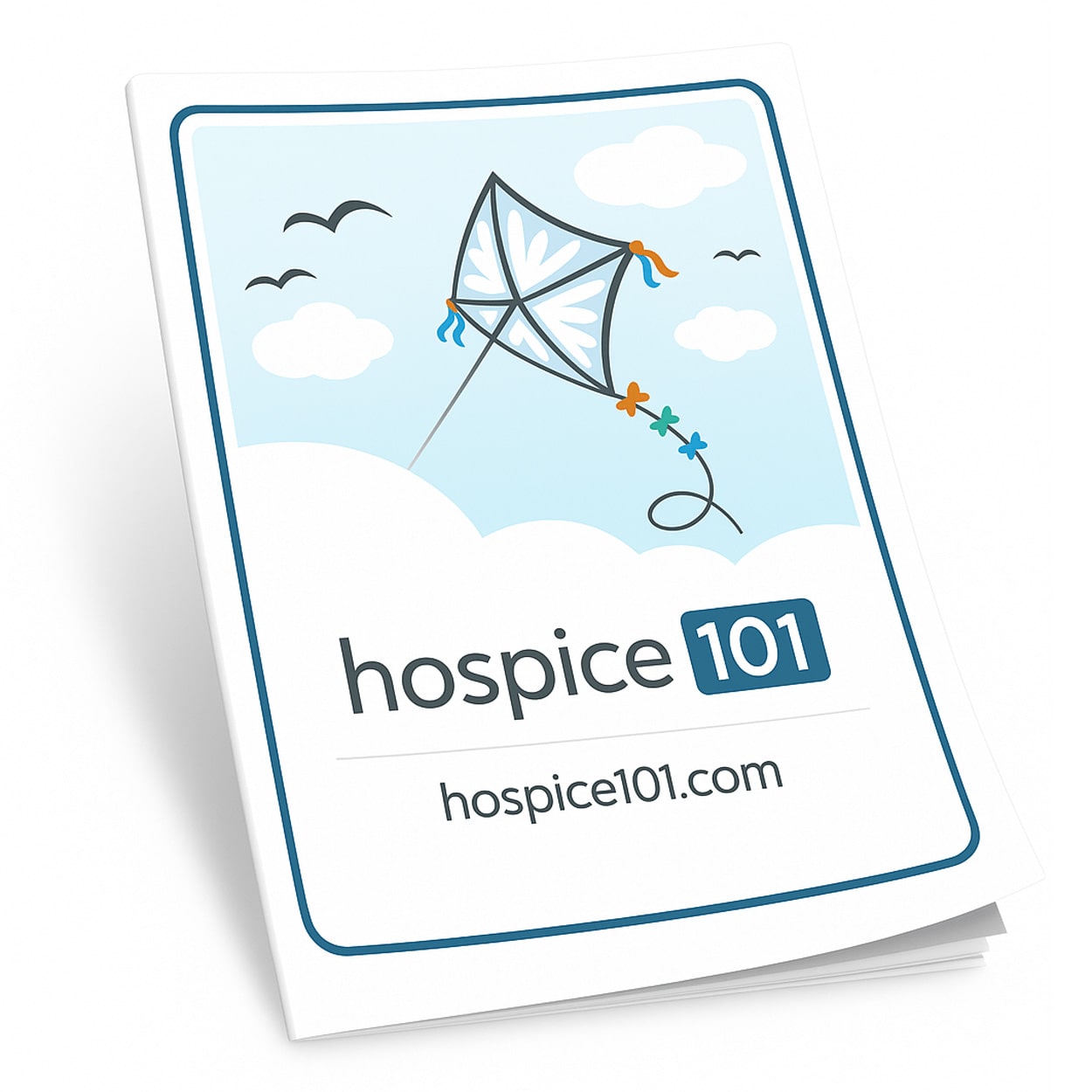Bereavement
The role of the hospice provider does not end with the death of your loved one. Your hospice team is there to continue to support you during bereavement.
How does the hospice team support me during bereavement?
Hospice teams include a staff member who focuses on being in touch with caregivers and family following a loved one’s death. The goal is to provide resources and support by phone, letter or through bereavement visits in accordance with the needs of the family. Some hospice teams host special memorial services to allow families to recognize and celebrate their loved one.
At any time, the family can call the hospice team when extra support or resources are needed to help work through their grief and loss.
How can I best prepare for the grief I may experience?
Everyone experiences grief and loss in their own way, and each loss is different. There is no right or wrong way to grieve, and your grief may look different from others in your circle of family and friends. You may find you move through a range of emotions on a daily basis, or you may feel numb.
Emotional grief responses can come on suddenly, perhaps triggered by a word or phrase, an image or scent. The only way to prepare for these moments is to recognize that they may happen.
Finding ways to honor your loved one can sometimes be emotionally healing. You might plan for holidays, birthdays and anniversaries, for example, by deciding in advance how you want to celebrate or honor your loved one. The ways in which you honor and remember your loved one are personal choices.
What do I do if my grief feels overwhelming?
Your hospice team remains a valuable source of support to help you cope with grief and the loss of your loved one.
Additional resources and support groups may be available in your community or through faith-based organizations. The hospice team may be able to connect you to these resources. ■
